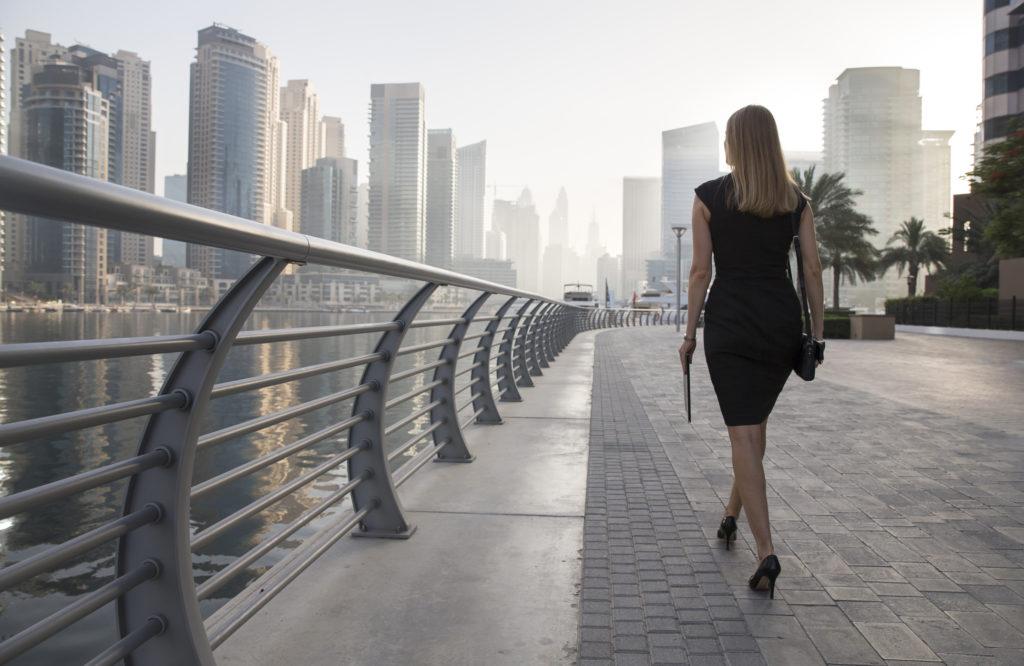Should You Send a Post-Interview Thank-You Note?
For years, jobseekers have been advised that sending a post-interview thank-you note is essential, a sign of professionalism that can tip the scales in their favour. But in today’s hiring…
Would you ever jump into a pool without knowing its depth? Or eat a meal without knowing what’s in it? Approaching a new situation with as much information in your back pocket can dramatically alter your experience. No more is this more obvious than moving overseas. While there is always going to be an element of the unknown, arming yourself with as much knowledge as possible will assist with a successful transition. This is abundantly clear when it comes to the Middle Eastern job market.
When it comes to finding a job in Dubai or elsewhere in the Middle East, it’s worth remembering that the job market has some distinct differences to the markets of the UK or Europe.
The UAE continues to be an incredibly popular destination for professionals from all over the world, making for a very competitive recruitment landscape. Because of this, employers can afford to be more specific and expect all of the boxes to be ticked upon hiring an employee.
These high expectations mean that the hiring process can be longer than expected, with multiple rounds of interviews and the possibility of assessments. This means you should budget to be without work for at least a few months, just to be safe.
One way to ensure the hiring process doesn’t go on for longer than needed is to make sure you have all your paperwork sorted before moving over. This includes a copy of recent passport photos, a valid passport with six months’ validity, certified education documents or other evidence of professional qualifications, and certified police clearance certificate from your previous country of residence. Having these to hand will mean there’s no delay in compliance or visas. It’s also essential to have your references ready to go so that when asked, you can confirm these immediately.

A new country means a new currency and new standards. Therefore, it’s important to know what is expected of a role, the general salary and any regular benefits. Middle Eastern salaries are generally higher than the UK because there is no tax applied – a HSBC survey in 2017 found that the average salary for Dubai was USD$138, 177 (approx. £108,184) per annum.1 Generally, employees aren’t eligible for annual leave until after six months – from that point, you earn two days per month and then 30 calendar days after one year of service. There are also 11 public holidays, taking your allowance up to 41 days. Health insurance is also compulsory for all employees.
However, these benefits aren’t always standard – there are a number of ‘free zones’ where businesses aren’t subject to labour laws, so make sure you clarify this with any employer before accepting an offer.
Other common expat benefits include an annual flight home, a housing and transport allowance and pension – called a company gratuity. A contribution to this is compulsory by all employers and is calculated as 21 days of your regular wage for each of the first five years of service and 30 days thereafter.
While there are some universal elements to any role, certain cultural differences are going to make a difference to your working week. For example, the weekend in the UAE is Friday and Saturday. Usual working hours match the UK – eight a day – but during the month of Ramadan, it’s reduced by two hours a day.
Working in Dubai or the wider Middle East offers a wide range of benefits, but when starting out, it’s important to understand exactly what the job market is going to be like. Knowledge is power, so educating yourself as much as possible can only be a good thing!
—
Tiger Recruitment’s Dubai office can help you with your job search across the Middle East. Get in touch today!
Sign up for the latest workplace insights.